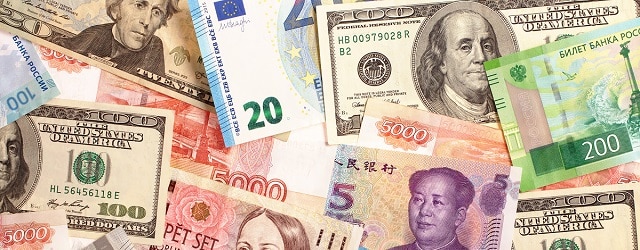Cash may not be king anymore but it's not going away any time soon.

Contactless and online payments were both increasing long before Covid-19 arrived, and now the pandemic has given digital transactions a further boost—but not the detriment of cash.
We all know that cash is teeming with germs; its role as a potential vector of transmissible disease a recurrent theme. According to the Bank for International Settlements (BIS), online searches for “cash” and “virus” are at record highs (a trend also seen in East Asia and Europe during the 2009-10 H1N1 pandemic). It points to varied levels of concern in different countries, with searches more prevalent where more small-denomination banknotes are in circulation relative to GDP. Overall, Australia, France, Singapore, Switzerland, Ireland, the UK, Canada, the US, Jamaica and Kenya logged the greatest number of recent searches.
Payment patterns are changing but BIS says this does not spell the end for cash. Not yet, anyway. Whilst the Covid-19 pandemic fanned public concerns over germs on banknotes and coins, scientific evidence suggests that the probability of transmission via other frequent touchpoints, such as PIN pads, may be higher.
In the US, cash in circulation has recently increased. And while ATM withdrawals in the UK have fallen, the Bank of England says there is still twice as much cash in circulation as there was a decade ago.
BIS says the precautionary holding of cash has gone up–something that is broadly consistent with past episodes of economic uncertainty. The data is backed up by economists at the European Centre for Economic Policy Research (CEPR), which contends that while lockdowns have led to much less cash being physically spent, the numbers are comfortably offset through widespread hoarding of banknotes.



